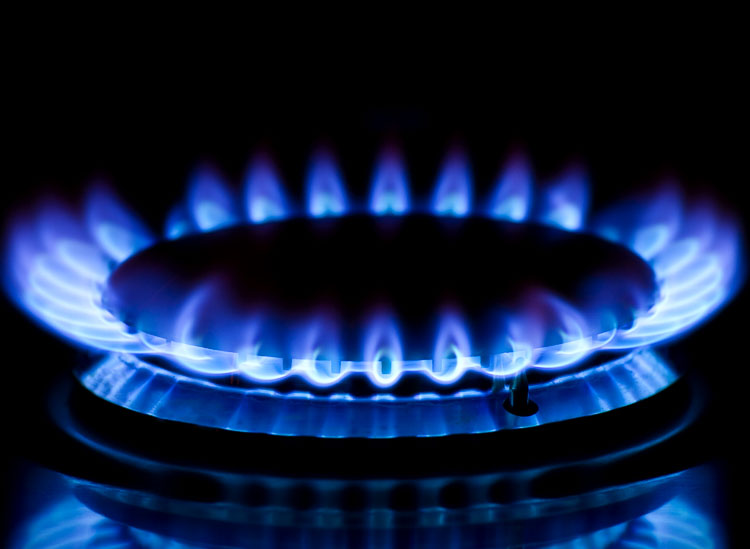
Todd Myers of the Washington Policy Center points out the differing assessments between state legislators and the State Building Code Council
Todd Myers
Washington Policy Center
Washington state legislators claim they passed one of the nation’s toughest CO2-reduction policies in the country last session. The State Building Code Council doesn’t seem to agree.

This Friday, the Council will consider policies that would have the effect of banning natural gas heating in commercial buildings. Although the justification for the rules is that it “will significantly reduce emissions,” the policy will add nothing to the state’s CO2-reduction. Instead, it will add costs by mandating an expensive method of reducing emissions.
First, even without the state’s new CO2-cap, banning natural gas heating is an extremely expensive way to cut emissions. When Bellingham considered banning natural gas heating, we estimated the policy would cost more than $80 to reduce each metric ton (MT) of CO2. This is more than eight times the going rate for CO2-reducing projects readily available on the market. Put another way, 87 percent of the cost of the ban does nothing to reduce CO2 emissions.
Second, with the state’s new emissions cap, the ban adds nothing to state CO2 emissions reductions. Washington’s new cap-and-trade system requires CO2 reductions meet an aggressive timeline. The purpose of cap-and-trade is to allow individuals and businesses to find the most effective ways to reduce CO2 emissions. Thus, adding regulations that micromanage how those goals are met is counterproductive, essentially overriding the state’s new law.
Most notably, a ban on natural gas heating does nothing to reduce the state’s CO2 emissions because the cap-and-trade system already achieves that goal. It is akin to paying Pfizer an additional $50 for every vaccine delivered to Washington state even though they are already being paid by the federal government. Those additional payments wouldn’t increase the availability of vaccines – they would just pay more to achieve the same goal.
I have concerns about the state’s cap-and-trade system, but it is preferable to the expensive mandates being proposed by the State Building Code Council, which cost more to do less.
Finally, The Council’s description of the rule claims it will save money. One should always be skeptical of government claims that additional regulations will save money.
The Council arrived at the cost-saving claim by arguing, “The average life cycle cost savings of $0.70/square foot and $2.70/square foot when including the social cost of carbon.” The social cost of carbon is an estimate of the impact of CO2 emissions on the planet. The wide range of the estimate indicates how nebulous the projection is.
Additionally, the state’s cap-and-trade system will put a price on CO2, so the use of a speculative number like the social cost of carbon is unnecessary. There will be a tangible price incentive for builders to install energy-efficient equipment without the proposed rule.
In short, the real climate benefit of the proposal is nonexistent. It is the worst of both worlds, increasing home costs and adding nothing to CO2 reduction.
Prior to the adoption of the state’s cap-and-trade system, there was a valid argument for these kinds of narrowly focused regulations, although they were frequently very costly for the small environmental benefit they provided. Now that the state has a comprehensive CO2 policy, these policies are pure waste, increasing housing costs while diverting funding that could go to more effective CO2 reduction efforts.
Todd Myers is the director of the Center for the Environment at the Washington Policy Center.




